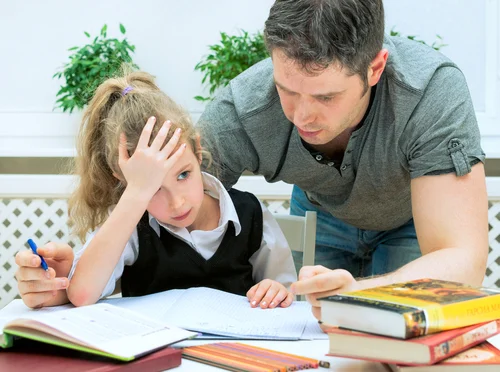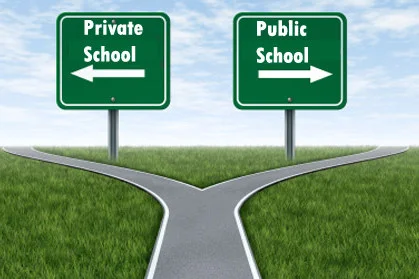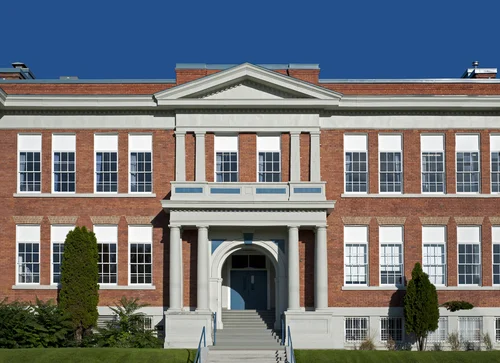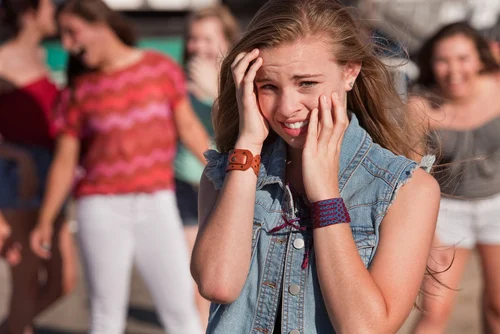+1 845 259 2974 (11 a.m to 7 p.m CST)
Should Schools Carry Out Random Drug Testing?
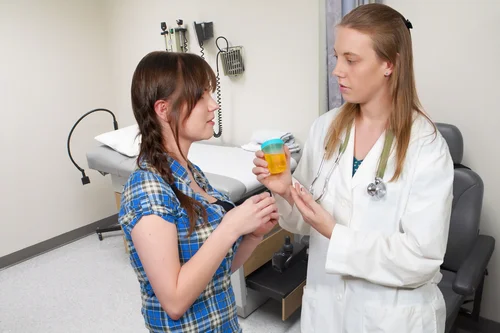
In 2002, the US Supreme Court gave a ruling that allowed random drug testing in schools as constitutionally acceptable. Since then, many schools have adopted this practice to keep a check on illegal activities within the extent of their boundaries.
As is the case with other controversial issues, this particular issue also managed to garner support on both sides of the divide, including the ‘for’ and ‘against’ groups.
The answer to the question, “Whether schools have the right to engage in random drug testing or not?” would best be answered by the stakeholders involved in this issue. Quite frankly, every kid and adult is a stakeholder here because we are all at the receiving end of this problem. Here are a few points in favor of and against this issue that might help you reach a clearheaded conclusion.
Constitutional Right to Search
John P. Walters, former director of White House Office of National Drug Control Policy served on this position from 2001 to 2009.
Somewhere near the end of his tenure, Walters had said that over the past five years, teen drug use had declined 23 percent, with 840,000 fewer students using illegal drugs than that in 2001. While giving this statement, he said that more than a 1,000 schools around the country have adopted the system of random drug testing for students and hoped that many others would follow soon.
Walters was of the opinion that these random tests allowed students to reconsider their approach towards drug use, since anyone can be picked up randomly by the school authorities concerned to undergo a drug test.
He also believed that this system also gave students a solid reason to decline drugs whenever they found themselves being pressurized to do so by their immediate peers.
Further, Walters said that children could lead a full and healthy life if they managed to stay drug-free.
Freedom is a Birthright
Graham Boyd, director of Drug Law Reform Project, American Civil Liberties Union, is a critical voice when it comes to the issue of random drug testing in schools.
According to Boyd, this kind of a system goes against the concept of privacy/personal space that mankind has so aggressively fought for over the long passage of arduous centuries.
Boyd believes that drug testing in schools requires students to provide urine samples for laboratory analysis even though the selected individual might not have done anything to arouse the suspicions of school authorities.
Collecting random samples of and then screening the urine of American youth is an extremely invasive policy that does not achieve its purpose all the time.
He also stressed that funds were being senselessly wasted on this “humiliating” and “counterproductive” policy. Boyd added that rather than making students take random drug tests, schools should provide students with the necessary information about the dangers of using drugs, and also provide them with counseling.
Boyd argued that the American constitution guaranteed the freedom of individuals from unreasonable searches whereas presumption of innocence is another guaranteed right. He said that the new drug testing practice goes against these constitutional principles.
Boyd also believed that random drug testing caused the breakup of trust between educators and students. This could cause the at-risk students to keep their distance from educators and refuse any sort of help.
Also, kids could turn towards less-detectable but more dangerous drugs to avoid accountability. They can even indulge in binge drinking and find themselves out of humor in no time.
All being said and done, now, the decision rests entirely with you. So, choose wisely!



